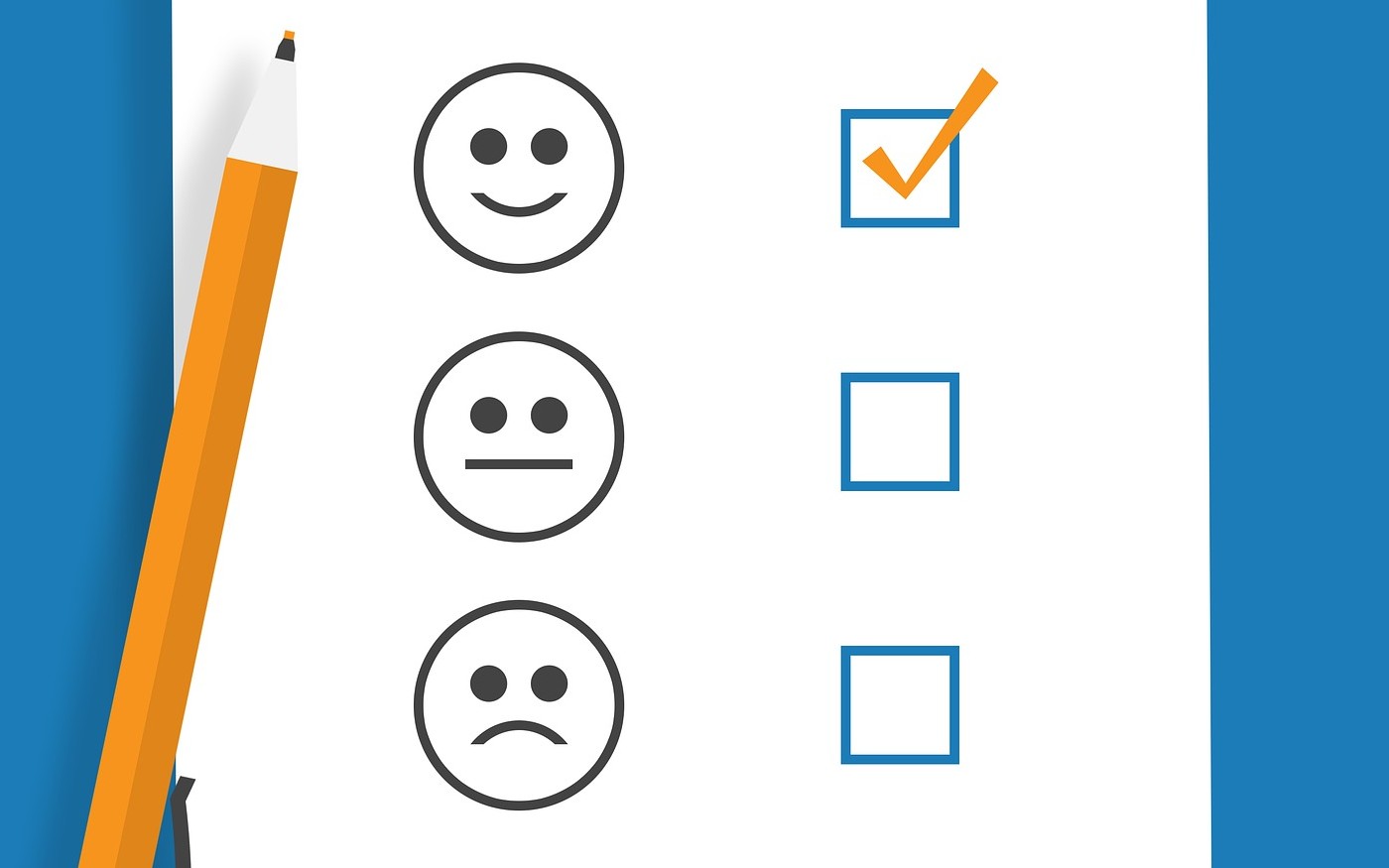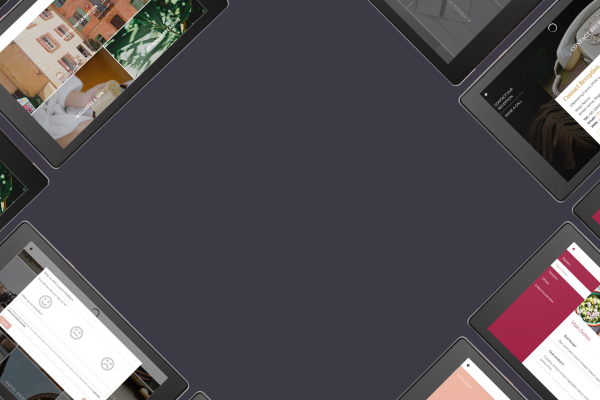![]() Find out why customer loyalty is essential for modern hotel businesses and how you can drive it at your hotel!
Find out why customer loyalty is essential for modern hotel businesses and how you can drive it at your hotel!
Customer loyalty is a key component of modern brand awareness. Just think of the allegiance customers pledge to Apple products, Levi’s jeans, or even those people who strictly drink only Coca-Cola and nothing else. We don’t really think about it on a day-to-day basis, but customer loyalty shapes our everyday shopping habits, our looks, and how we perceive brands. For hotels, customers are more than just customers; they are guests. Where then, does guest loyalty fit in when it comes to the hotel industry? And how can hotels do more to retain repeat guests? This blog post will answer these questions and give you an insight into building guest loyalty.
Why is guest loyalty important for hotels?
Surely guest loyalty doesn’t really matter if you’re able to constantly get new customers through the door? Wrong! According to Harvard Business Review, acquiring new customers can cost anywhere between five to twenty-five times the cost of retaining existing ones. Of course, this varies widely depending on the industry in question, but across all industries, it seems that keeping hold of existing customers saves huge amounts of cash in the long run.
A big advantage for the hotel industry is that happy, loyal hotel guests act as low-cost brand ambassadors by recommending hotels to their friends, family, and colleagues. This is particularly valuable in the age of social media and online guest reviews where a post, tweet, or review by the right person could send ripples throughout the web highlighting your business as the best place to stay. For this reason, hotels that invest in a strategy for building guest loyalty will see the long-term benefits.
.jpg?width=500&height=333&name=Canva%20-%20Two%20Dinner%20Plates%20on%20Square%20Brown%20Wooden%20Bar%20Table%20(1).jpg) Loyal guests respond better to up- and cross-selling, increasing the potential revenue per guest when compared with first-timers. In a blog by Hospitalitynet.com, blogger Chester Avery notes that “repeat customers are more likely to upgrade and purchase your most expensive products or services”. Trust plays a big part in loyalty, and when a guest trusts your brand, they’re more likely to trust that what you’re selling them is worth the money. This means that loyal guests who come back for more are valuable acquisitions and the relationships your hotel has with them are certainly worth nurturing.
Loyal guests respond better to up- and cross-selling, increasing the potential revenue per guest when compared with first-timers. In a blog by Hospitalitynet.com, blogger Chester Avery notes that “repeat customers are more likely to upgrade and purchase your most expensive products or services”. Trust plays a big part in loyalty, and when a guest trusts your brand, they’re more likely to trust that what you’re selling them is worth the money. This means that loyal guests who come back for more are valuable acquisitions and the relationships your hotel has with them are certainly worth nurturing.
Repeat guests are also less likely to demand time from hotel staff as they already know how things work at your hotel. So, less time and money can be spent by your staff helping them settle in and understand how the hotel operates, and more time can be spent on giving them advice on new things to do, suggesting activities in the hotel to try out, and exploring new items on your in-house restaurant menu.
The problem with loyalty programs
Hotels have an array of options at their disposal for building strong guest loyalty. One of the most popular is the guest loyalty program which is often based on guests collecting loyalty points. The effectiveness of loyalty point-based programs for building genuine guest loyalty, however, needs to be addressed as it can often create a superficial illusion of loyalty without the benefits. While some guests may find the system appealing, many find that their connection with the hotel brand doesn’t reach beyond the incentive of saving money or gaining extra services through earned loyalty points. The result is that many guests using the program don’t offer the extra benefits that come with genuine loyalty like acting as brand ambassadors or responding well to up- and cross-selling.
Loyalty programs can be useful tools for hotels, but they tend to work best as part of a wider guest loyalty strategy that includes other tactics for incentivizing guests to come back for more.
 Using guest data to create personalized experiences
Using guest data to create personalized experiences
Customer data has become a bit of a dirty word in the world of hospitality and services. Images of huge data banks with everyone’s deepest, darkest desires being overrun by hackers or sold off to third-party companies have tainted the good that using customer data can do. Many hotels find themselves in a catch-22 situation — they want to offer guests a more personalized experience, yet they’re worried about the effect any data breach could have on their reputation.
The truth is, that guests nowadays expect a personalized experience but they can’t get this without allowing companies to use at least some of their data. For hotels, how they use the data is the most important thing — it’s up to them to ensure they’re responsible and honest and if they are, this will also help them develop a base from which they can gain the loyalty of their guests.
Building guest loyalty through digitalization in the hotel industry
The hotel industry is becoming increasingly digitized, and while this is still somewhat sparse, digital solutions will play an increasingly important role as they become more refined for use in hotels and their development in the hotel industry gains momentum. Travel platform Trivago predicts that VR and wearables, AI chatbots, cloud-based management solutions, and geolocation technology will all take the industry by storm in the coming years. But, another area where technology will really excel is helping to develop and sustain guest loyalty.
Digital solutions such as in-room tablets, hotelier apps, interactive TV sets, and even AI digital concierges will provide guests with a wealth of options that are optimized for their specific wants due to data collected from their past choices. This represents a change in approach to how hotels are run — rather than providing guests with the same high-quality experience for all, guests will each get a different experience based on what they really want from the hotel and their stay.
Furthermore, technology will make guests feel more involved with the hotel without the invasiveness of having a butler or other staff member constantly present in their room. In-room tablets, for example, allow guests to communicate with the front desk in real-time, but also receive messages directly for things that the hotel believes may heighten their stay in a non-intrusive way. In addition, guests can also make suggestions or file complaints that can be overcome at short notice without them brewing over the issue their whole stay. This helps build trust, which in turn builds guest loyalty by turning a potentially bad situation into a positive one.
The bottom line
Guest loyalty is more important than ever before when it comes to building a successful brand. Simply rolling out a loyalty program just doesn’t cut it as you won’t profit from the real benefits attached to customer loyalty. Digitalization, however, offers new tools with which hotel businesses can build and nurture guest relationships, driving loyalty through providing personalized and streamlined staying experiences.
SuitePad is the perfect solution to provide your guests with a personalized experience while offering them the level of privacy they expect from a hotel. Your guests are able to browse what the hotel has to offer, quickly and conveniently contact the front desk for help or advice, and receive personalized push messages; all of which help build trust between your establishment and your guests.
To find out how SuitePad can strengthen the relationships you have with your guests and help you increase guest loyalty, request a free no-obligation demo from one of our staff.
- Published on January 21, 2020




.png)
.png)
